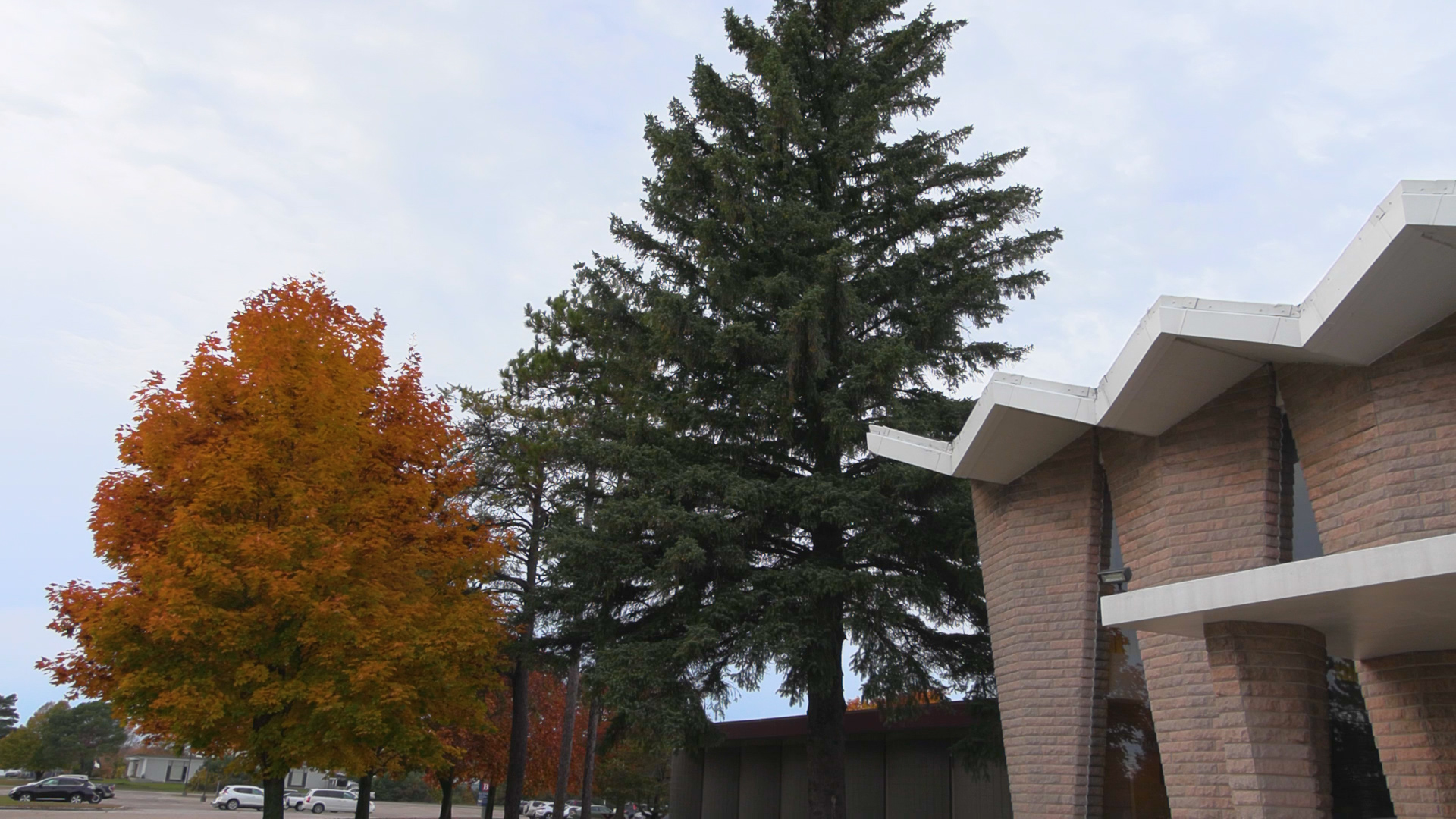
Artificial intelligence programs such as Chat GPT are often controversial in academia, but professors at Alpena Community College want to be on top of understanding what a future may look like using this tool. Todd Artley, ACC electrical instructor said, “You have to kind of embrace it or be left in the dust, but then again, we can’t lose sight of what our core functionality here is preparing students for they’re going to run into on the outside, and cheating isn’t one of them.”
Professors are beginning to test the waters of how to make it an effective tool in their classroom and not a method of academic dishonesty. “You can use an AI tool to help you develop the outline, to help you structure a sentence to give it more complexity, or maybe you’re stuck and you have writer’s block and you need a creative way to continue, you can use AI to help you do that,” said Amber Vesotski, ACC psychology and sociology instructor.
Yet, this also opens a discussion on how to prevent cheating. Despite the availability of online plagiarism checkers, it is becoming increasingly difficult to determine the authenticity of student’s work. Some believe this could even inspire a change to traditional assessment methods. Sara Burt, ACC director of learning technology said, “Multiple choice tests may become a thing of the past, writing term papers might become a thing of a past, having students show what they learn in the classroom might be something that becomes more prevalent.”
The professors believe that just as they adapted to past technologies, such as calculators, spell check, and computers, they will be able to do the same with ai.”We just have to get the tools in place, including policies, that manage this effectively in the classroom environment and help students understand that they’re not gaining anything by cheating, eventually it’ll catch up to them,” said Tim Kuehnlein, ACC political science and history professor.
